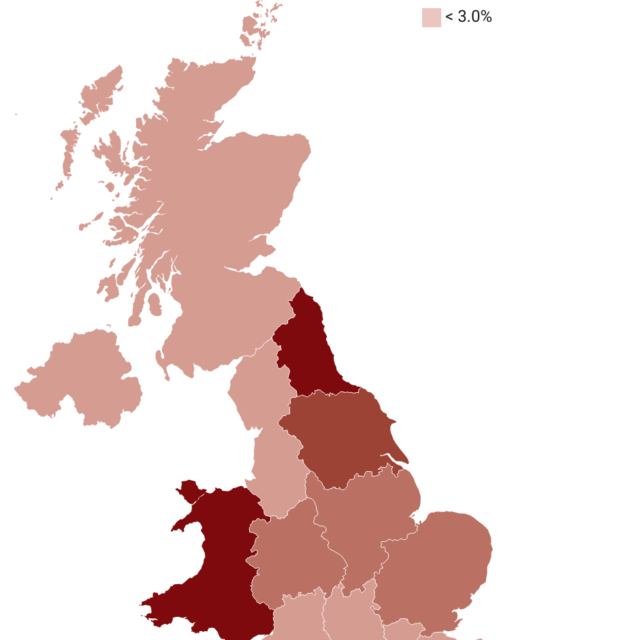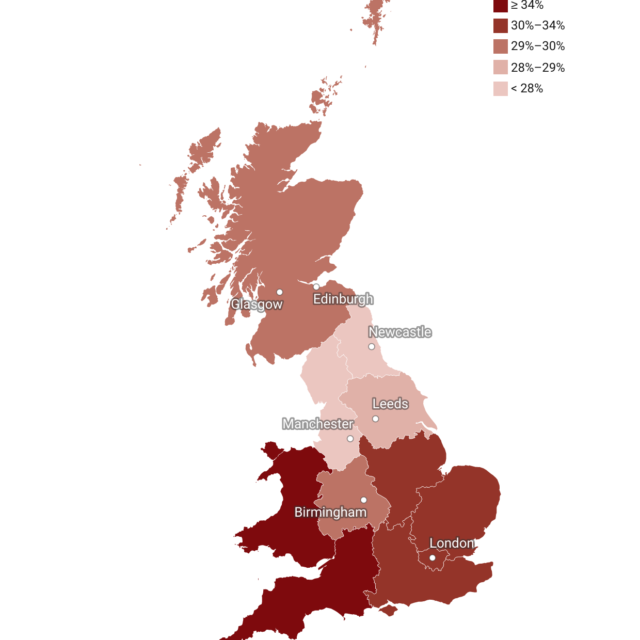To create a ‘great meritocracy’ we need experts and joined up thinking
In her launch statement outside 10 Downing Street last June Theresa May spoke of her vision of ‘a country that works for everyone’, one that wasn’t completely consumed by Brexit and capable of ‘delivering a programme of serious social reform’
In her launch statement outside 10 Downing Street last June Theresa May spoke of her vision of ‘a country that works for everyone’, one that wasn’t completely consumed by Brexit and capable of ‘delivering a programme of serious social reform’. She mentioned inequalities by race, gender, age and social class in areas like education, access to university and the professions, and to housing and job security. Her speech referred implicitly to the inextricable link between inequality and social mobility and their challenges within an advanced economy. These issues are addressed in a series of papers published next week by NIESR in its quarterly journal, the National Institute Economic Review.
Theresa May’s plans to address social mobility have, to date, focused on education yet, as our collection of papers plainly shows, mechanisms which restrict social mobility and reinforce inequality operate throughout the life-cycle from birth into our working lives. They act to ensure that we are endowed with the permanency of privilege, or poverty, of our parentage almost as we inherit the colour of our eyes.
School and transitions from compulsory education generate inequality and restrict mobility
Theresa May is right in seeing education as key to accelerating social mobility. Each level of education, from GCSEs to a university degree results in improved life chances and educational underachievement is passed on through generations. In September 2016 she declared that the ban on opening new Grammar Schools in England would be lifted, to make the country a ‘true meritocracy’. Yet, had the experts been consulted, the advice would be that this type of selection reinforces inequality. As the social mobility think tank the Sutton Trust has found, the ‘eleven-plus’ style entrance tests, and widespread use of tutoring both in middle class homes and by private schools leads to biased selection. A paper by Rebecca Allen and Jo Blanden, using data on access to Kent Grammar schools, will suggest that fair selection is impossible to achieve.
The focus on education as the engine of social mobility has led to the neglect of young people who neither follow academic paths on leaving school or who are ‘NEET’s – not in education, employment or training. These young ‘left behind’ were left out of the Prime Minister’s speeches. The characterisation of this group by a recent House of Lords Enquiry as ‘Overlooked and left behind’ is sadly appropriate, as confirmed by a paper by Sandra McNally and colleagues.
The mechanisms which restrict social mobility at all stages of the life-cycle must be better understood
The case for early years’ interventions is well understood and reflected in a range of government interventions, most notably Sure Start which targeted low income families. And research and evaluation of real interventions by two of the ‘what works’ centres in the Early Intervention Foundation (EIF) and Education Endowment Foundation (EEF) are getting us closer to understanding at least the challenges of addressing inequality but as a paper by Leon Feinstein and colleagues will show, effectiveness is hard to prove. We also have a pretty good idea of what can work at the end of compulsory education to ensure that young people from lower achieving schools in disadvantaged areas get to go to top universities. As the enquiry into social mobility led by Alan Millburn highlights, clearer and fairer routes to the top professions are needed to ensure they don’t reproduce long-standard patterns of privilege. Again, we have an idea of what might work, but it needs the commitment of policy makers, putting into practice, and continual monitoring.
Meritocracy and the new workplace
Inequality and disadvantage are experienced not just in first and second class journeys through education and into employment but in our working, or non-working lives. As Diane Coyle describes in a paper on work in the digital economy, temporary and flexible contracts are proliferating, with an estimated 905,000 people on ‘zero hours’, 29 percent higher than in 2014. While remote working has been common in sectors such as IT for some time, the workplace itself has transformed for many and is in some cases virtual. While flexibility is a positive choice for some, others can become trapped in low paid, low skilled work.
Movement needs to be downwards and upwards
Mobility should go in both directions. Of course, we do have downward mobility of a sort in the UK but it reinforces inequalities in areas other than social class. Despite higher levels of educational attainment, ethnic minorities still face barriers to employment and the professions. The downwardly mobile include migrants, most recently from Eastern and Central Europe, who work below their education level. A paper by Sam Friedman and Lindsey MacMillan will present new evidence that that people moving to the capital from within the UK benefit through upward mobility, while migrants from outside the UK move downwards. The UK’s downwardly mobile also include women whose careers take a hit with breaks for childcare and part-time working.
Research studies need to be ambitious, combining disciplines, perspectives and methods
Research on inequality and social mobility consistently shows the need for imaginative thinking which both understands the underlying and persistent causes of inequality, and the points at which interventions can be most effective. Grammar schools might appeal to sections of the electorate but education is only part of the picture and costly interventions should be based on evidence.
Whoever leads the country on June 9 should take care to develop interventions that encompass health, employment and working lives as well as education if they are serious about addressing the problem of inequality.
The National Institute Economic Review No.240 will be published on 10 May

















